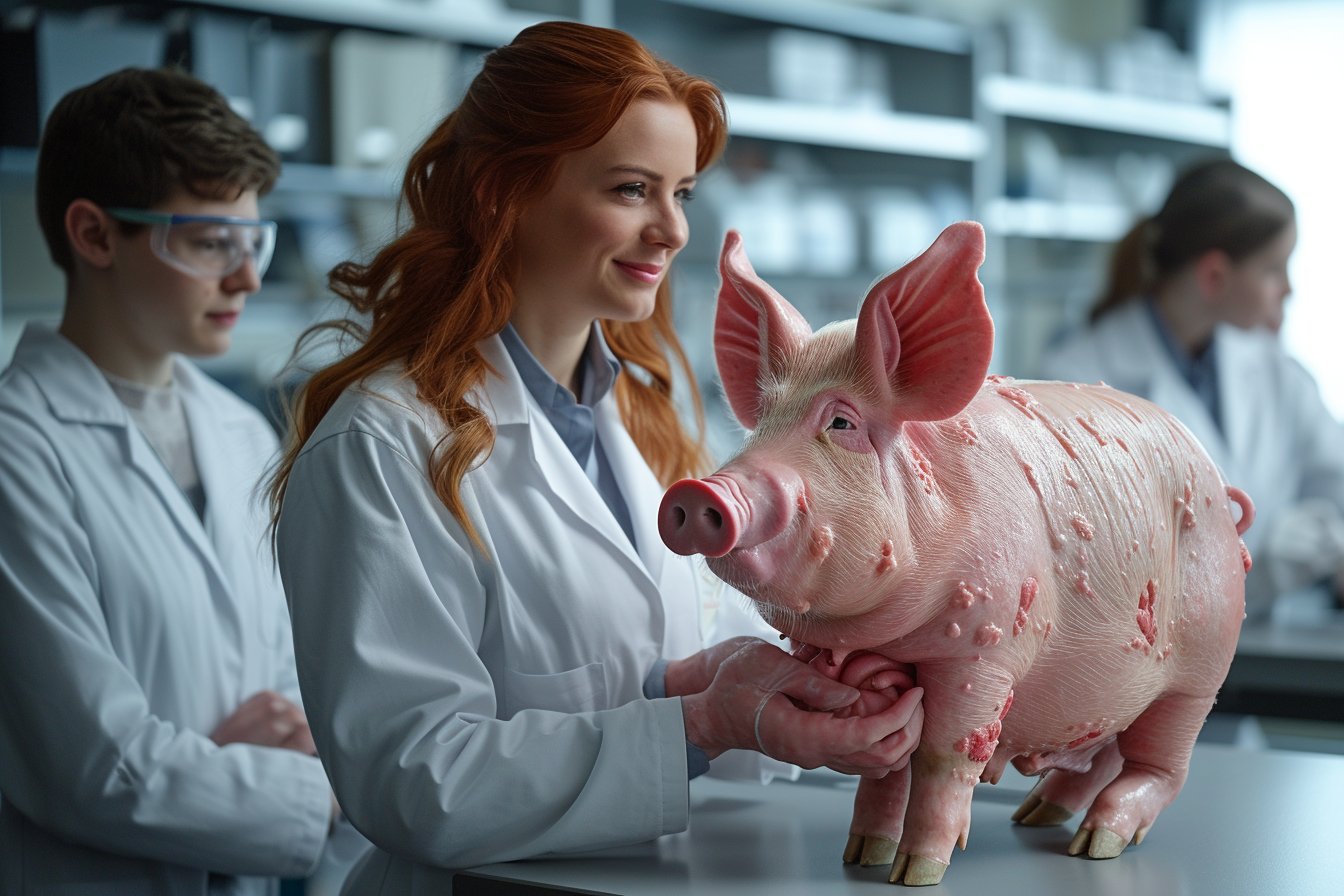The Inspiring Story of Lawrence Faucette
Lawrence Faucette’s battle with illness led him and his wife, Ann, to explore the world of xenotransplantation—transplanting organs from animals into humans. After doctors explained that genetically modified pig hearts could potentially save lives in the future, Lawrence willingly became a human guinea pig. Although he was too sick for a human heart transplant, he wanted to contribute to the advancement of medical knowledge that could benefit others.
Addressing the Organ Donor Shortage
One of the main challenges in organ transplantation is the shortage of donors. Not all volunteers’ organs are viable for transplantation, creating a supply-demand gap leaving many patients with life-threatening conditions awaiting transplants. Xenotransplantation can change this paradigm, as Dr. Robert Montgomery, director of the NYU Langone Transplant Institute, phrases it.
- Pioneering work in using genetically modified pig kidneys has demonstrated their potential viability in human bodies.
- Two successful procedures involving the transplantation of pig hearts into living test subjects show promising results.
- Transplantation with animal organs can alleviate the dependency on human donors.
The History of Xenotransplantation
Transplanting organs from animals to humans is not a new idea. Early attempts usedprimates, but they proved too small, expensive, and controversial. According to Dr. Art Caplan, founding head of the Division of Medical Ethics at NYU Grossman School of Medicine’s Department of Population Health, those efforts “didn’t work.”
Pigs as a Viable Alternative
Pig organs have gained more attention due to their similar size to human organs and widespread use in heart valve repair for over 40 years. We are also more ethically comfortable with using pig organs than non-human primates. Pigs feature in sympathetic stories like “Babe” and “Charlotte’s Web,” yet society continues to consume pork products, making it less controversial to accept xenotransplantation from pigs.
The Challenge of Immunosuppression
One significant obstacle to xenotransplantation is preventing the human body from rejecting animal organs. Recent progress has been made on this front:
- Researchers have identified a mix of immunosuppressants that can prevent pig kidneys from being rejected by humans.
- Biotech firm Revivicor and CRISPR gene editing company eGenesis are working together to modify and create pigs suitable for transplantation.
- Revivicor’s President, Dr. Mike Curtis, states they’re “that close” to successfully raising genetically modified pigs for organ donation purposes.
A Promising Future in Xenotransplantation
The U.S. Food and Drug Administration (FDA) considers xenotransplantation to have great promise but also potential risks. They recommend limiting such transplants to those facing serious or life-threatening diseases without alternative treatments available.
Life-saving Experimental Procedures
University of Alabama at Birmingham’s Comprehensive Transplant Institute director, Dr. Devin Eckhoff, spearheaded an experimental procedure where two genetically modified pig kidneys were transplanted into a brain-dead person. This experiment provided crucial insights into whether pig organs can function safely within the human body.
A New Era for Organ Transplants
Xenotransplantation holds the potential to revolutionize the organ transplant field. While it’s still an ongoing area of research, genetically modified pig organs could significantly impact how we address donor shortages and save numerous lives. As scientists continue their pursuit of viable transplantation options from animals to humans, the future looks promising for patients awaiting life-saving organ transplants.







